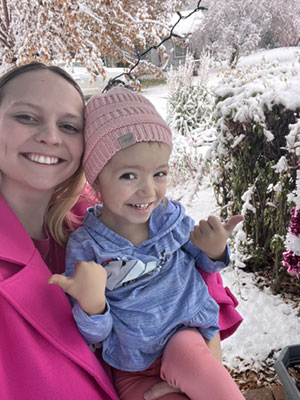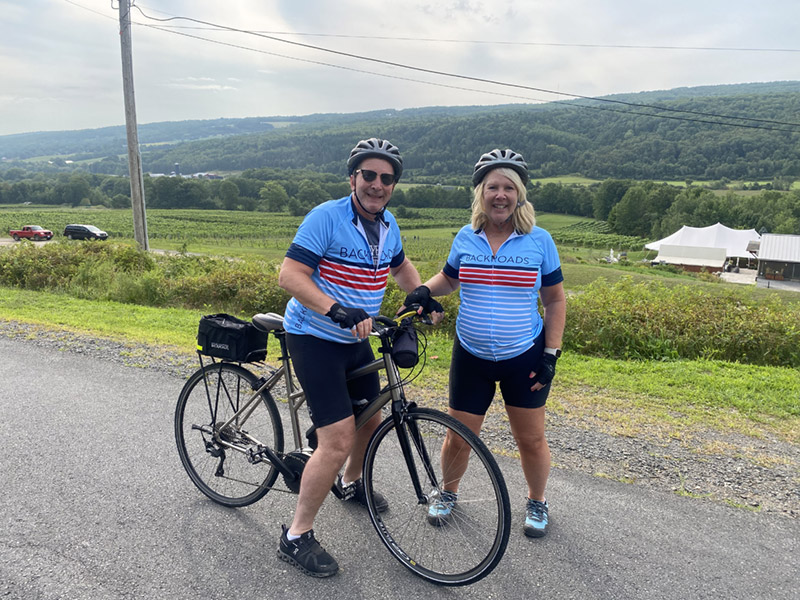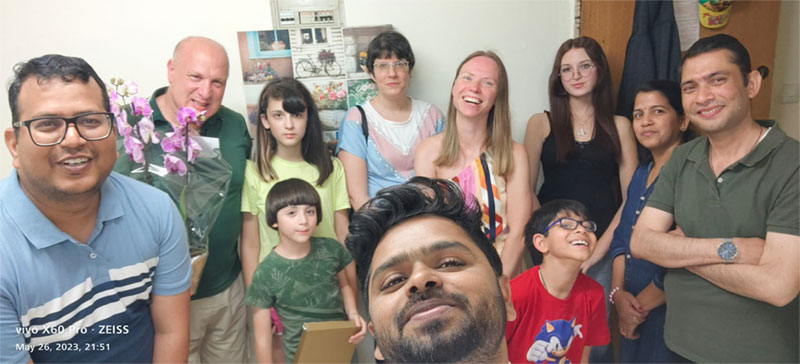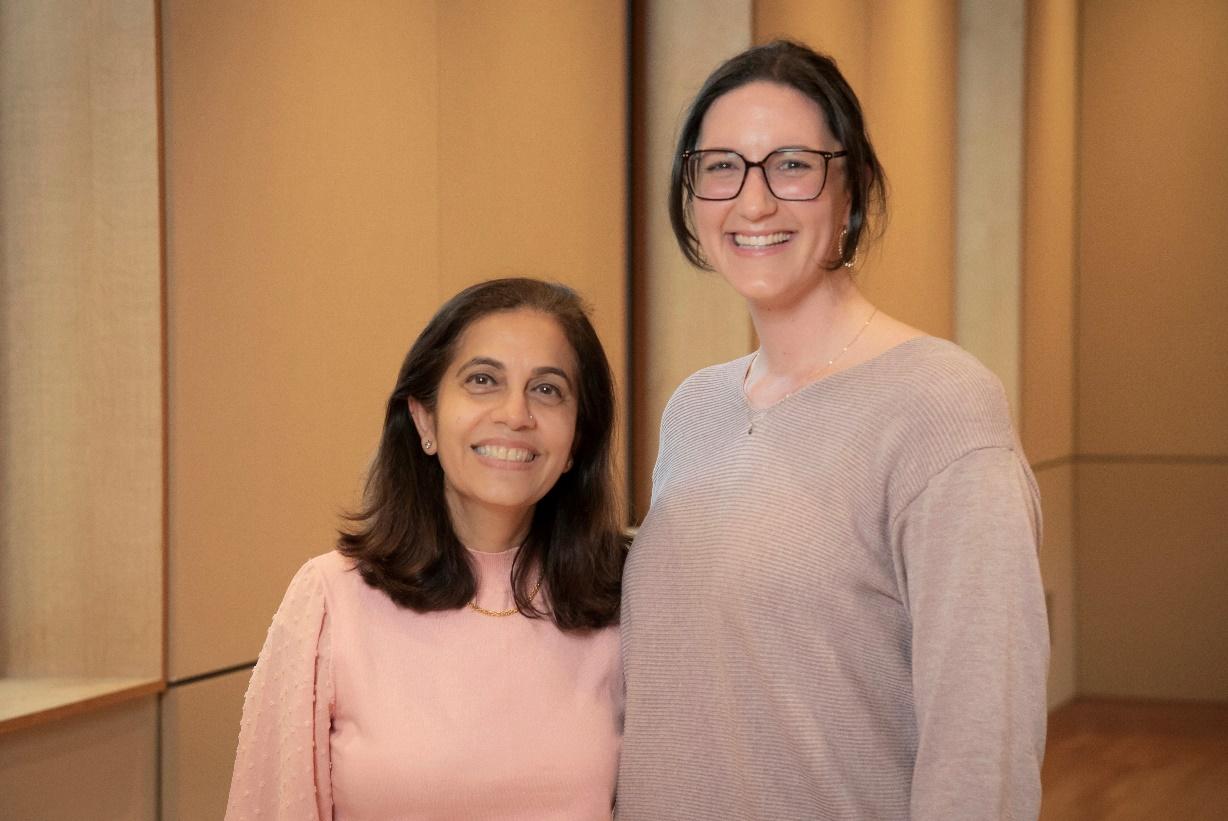By Liv Palma
May 22, 2025
What is a presymptomatic diagnosis?
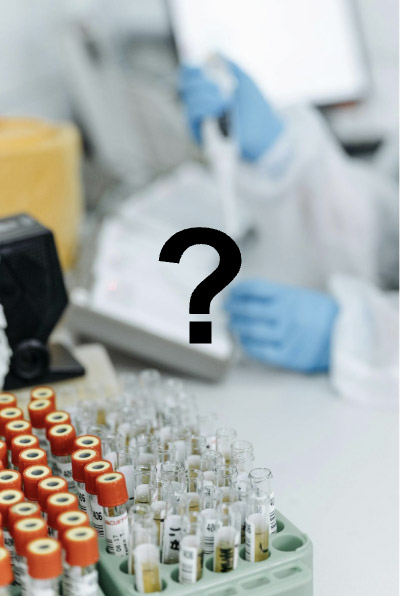 Due to the increased availability of genetic testing, including carrier screening, several members of our community have received a genetic, but presymptomatic, diagnosis of APBD. That is, they have not experienced the onset of symptoms. With this comes a wave of complex emotions and an urgent need to find answers in the face of an uncertain future.
Due to the increased availability of genetic testing, including carrier screening, several members of our community have received a genetic, but presymptomatic, diagnosis of APBD. That is, they have not experienced the onset of symptoms. With this comes a wave of complex emotions and an urgent need to find answers in the face of an uncertain future.
If you have just received a presymptomatic diagnosis for APBD before any noticeable symptoms appear, you probably have a lot of questions. You may be feeling overwhelmed with so much new information at your fingertips and need some help figuring out where to start. The one thing to remember is that you are not alone.
The Shock of the Diagnosis
Typically, individuals who undergo routine carrier screening as part of family planning expect to learn only about potential risks to future pregnancies. Instead, some are met with the unexpected diagnosis of APBD. It’s completely natural to feel shock, fear, sadness, anger, and uncertainty about what the future holds. Everyone will navigate this news in their own way, and each person’s grieving process will be unique and valid.
Some APBD research foundation leaders, who are patients, caregivers, or loved ones themselves, have shared words of hope and encouragement. For some, these messages may resonate now; for others, they may feel out of reach – and that’s completely okay.
If you’ve just received this presymptomatic diagnosis, it’s okay if reading this feels overwhelming or even impossible right now. You might want to set it aside and come back when – or if – you’re ready. Others have walked this path before you, and have offered these reflections not with the expectation that you’ll feel the same way today, but in case one day you’re ready to hear what a reimagined, meaningful life can look like from people who truly understand.
“Live your life! Start a family! Enjoy hobbies! Excel in your career! Pursue your passions! And recognize that your awareness empowers you to support research and advocacy efforts that could benefit you directly. Time is on your side.”
Impact to Family Members
Parents, partners, and siblings may feel like their world has shifted, too, as they begin to grapple with what this diagnosis means for their loved one’s future and their family’s dynamics.
Drawing on years of dialogue with affected families, the APBD Research Foundation leaders offer this important perspective: “It’s natural for parents and close family members to wrestle with feelings of guilt. Parents may wonder if they “passed something on,” siblings may struggle with why their genetic results differ, and partners may feel helpless as they watch their loved ones experience a shocking revelation. These emotions are deeply human, but it’s important to remind yourself that there is no need to involve blame or shame with your loved one’s diagnosis.
APBD is the result of inherited biology, shaped by chance, and completely outside of anyone’s control. Passing on a genetic condition was not a failure, it’s simply part of the randomness of inheritance that touches all families in some way.
What matters now is how you choose to move forward. By being present for your loved one, learning about the condition, and getting involved in efforts to drive research forward, you are transforming feelings of helplessness into meaningful action. Your support can bring comfort, strength, and hope — not just to your loved one, but to the entire APBD community.”

Finding Support
While the challenges of a presymptomatic diagnosis are undoubtedly real, they do not have to be faced alone. The strength of family, love, and community plays a crucial role in navigating and coping with the fear and uncertainty that often accompany this news.
Some individuals find comfort in reaching out to others who are facing similar challenges, seeking to share experiences and thoughts. In contrast, others may prefer to keep their diagnosis private, for personal or practical reasons. Both choices are equally valid. The decision of how much to share is deeply personal, and each individual or family must determine what feels right for them. The APBD Research Foundation has supported many families through this process and is here to help you make the choices that align with your needs and values.
The Need for Action
There is a collective urgency among all APBD patients, but particularly presymptomatic individuals, to find answers as soon as possible. The APBD Research Foundation shares that determination. We are dedicated to finding a cure for APBD, while improving the lives of those affected.
Your Next Steps
Learn more about APBD
Knowledge is a powerful tool in navigating this diagnosis. Our website, www.apbdrf.org, offers a wide range of resources to help you understand APBD and stay informed about the latest developments in care and research.
A great place to start is our Newly Diagnosed Toolkit, thoughtfully designed to guide you through the first steps of this journey. In addition, feel free to explore our Youtube channel and join the conversations on our social media channels.
Understand Your Rights
For individuals who are presymptomatic, it’s also important to take time to make thoughtful decisions about sharing genetic information. The Genetic Information Nondiscrimination Act (GINA) is a U.S. federal law that protects individuals from discrimination based on their genetic information. Under GINA, health insurers and employers are prohibited from using genetic information to make decisions about coverage or employment. However, these protections do not extend to life insurance, disability insurance, or long-term care insurance.
You may find it helpful to speak with a trusted confidante or healthcare provider to reflect on what information you wish to keep private, what you choose to share, and with whom. These conversations can help you feel more in control and prepared as you navigate next steps.
Engage with the Community
Many individuals find strength in connection. Each month, we host two virtual support Chats:
- Patient Chats: led by Harriet Saxe – harriet@apbdrf.org
- Family Member Chats: led by Linda Cedarbaum – linda@apbdrf.org
These conversations offer a space to share, ask questions, and find solidarity with others who understand.
Participate in Research
At APBDRF, we believe that every patient’s unique experience holds the key to advancing research and finding a cure for Adult Polyglucosan Body Disease (APBD). By sharing your story, you help accelerate discoveries, shape the design of future clinical trials, and ensure that the voices of patients and families remain at the heart of every step forward.
Join our natural history study through Duke University to help researchers better understand how APBD progresses over time, even before symptoms appear. This long-term data is critical for identifying early warning signs, pinpointing potential biomarkers, and paving the way for future therapies. The more data we have about your unique disease picture, the better positioned you are to have data that directly informs the design and potential success of future clinical trials that could benefit you directly. To learn more, contact Dr. Rebecca Koch at rebecca.koch@duke.edu.
Consider joining our patient registry so your experience becomes part of the collective knowledge guiding APBD research. To participate, visit the follow link.
Researchers at UT Southwestern Medical Center are investigating urine biomarkers, measurable signs of the APBD disease process in the body. They are recruiting presymptomatic individuals, as well as symptomatic patients, carriers, and family members. To learn more, or participate, contact Dr. Mayank Verma mayank.verma@utsouthwestern.edu.
See the Research tab at APBDRF.org for additional details.
Help Drive Progress through Fundraising
Research depends on support. By helping to raise funds for APBD research, you directly contribute to the discovery of treatments and a cure. Whether through personal fundraising efforts, community events, or corporate sponsorships, your involvement can make a lasting impact.
Editor’s Note: Liv Palma is a Genetic Counseling student from Columbia University’s Department of Genetic Counseling.


